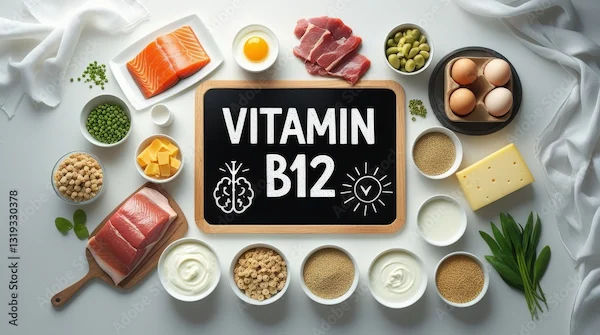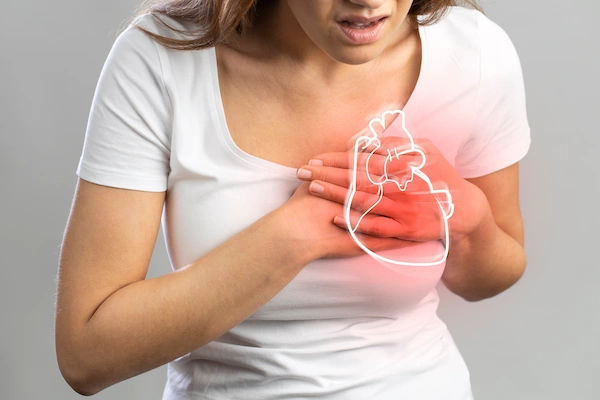- male
- 30 Years
- 07/02/2025
I've just got my health check-up results and a few things look off, particularly my cholesterol levels. My total cholesterol is 189 mgdl and triglycerides are 249 mgdl, with non-HDL cholesterol at 153 mgdl and VLDL cholesterol at 49.8 mgdl. I'm really concerned about how critical these numbers are and what I should be doing next. Is there a particular specialist I should see, or any specific steps you would recommend for someone my age? I'm 30 and just trying to figure out the best way forward.
Answered by 1 Apollo Doctors
"Based on your lab results, your Total Cholesterol level is 189 mgdl and Triglycerides level is 249 mgdl, which are both elevated. To address this, I recommend starting with lifestyle modifications such as a healthy diet low in saturated fats and sugars, regular exercise, and weight management. In addition to lifestyle changes, you can also consider medication to help lower your cholesterol levels. I suggest consulting with a healthcare provider, such as a cardiologist or a general physician, who can prescribe you a medication like Atorvastatin (brand name Lipitor) at a suitable dosage to help manage your cholesterol levels. Regular follow-up appointments with your healthcare provider will be important to monitor your progress and make any necessary adjustments to your treatment plan. It's also essential to continue monitoring your lipid profile regularly to track your improvement. Remember, these are just general recommendations based on the information provided. It's important to consult with a healthcare professional for personalized advice and treatment."
Dr. Dr Khaleel Suggests...
Consult a Cardiologist
Answered 04/07/2025
0
0

More Cardiology Health Queries
View allI'm dealing with this left-side chest pain for the past 4 months, and it's starting to worry me. I saw a doctor who asked me to get an ECG, an X-ray, and a lipid profile. The ECG and X-ray came back normal, but my cholesterol and triglycerides were high. The meds he gave me brought those levels down within 2 months, but the chest pain just won't go away completely. I can still play and get my work done, but the pain shows up sometimes at night or when I'm at my desk. Any thoughts on what might be going on?
It's good that your cholesterol and triglyceride levels are normal now. Since your chest pain persists, it's important to consider other possible causes. Given your history of high cholesterol and chest pain, it's important to rule out any cardiac issues. I recommend discussing with your doctor the possibility of angina or other heart-related conditions. In the meantime, you can try taking a medication like **Ranitidine** 150mg twice a day to see if it helps with the chest pain, as it could be related to acid reflux. However, it's crucial to follow up with your doctor for further evaluation and management.
Answered by 1 Apollo Doctors
I'm really concerned about my husband's heart; his heartbeat is always too fast. He says it's been like this since he was a child. Should I be worried about this?
Hi, if your husband's heart rate is consistently fast, it is important to have him evaluated by a doctor to determine the underlying cause. One common condition that can cause a fast heart rate is supraventricular tachycardia (SVT). Medications like Metoprolol (25-100mg) can be prescribed to help control the heart rate. However, a proper diagnosis is necessary to determine the most appropriate treatment plan.
Answered by 1 Apollo Doctors
I'm feeling really concerned about some symptoms I've been having lately. There's this persistent pain on the left side of my chest and in my left arm, and it's been going on for about four months now. I did a TMT test three months ago and it came back negative, but I'm still worried. I got my ECG and Echo done a few days ago and was told it's anxiety. Could you take a look at the results I've attached and let me know what you think?
"Based on your symptoms and previous tests, it seems like you may be experiencing musculoskeletal pain or nerve-related pain rather than a cardiac issue. You can try taking over-the-counter pain relievers like acetaminophen (Tylenol) for the chest and arm pain. Additionally, you can apply a topical pain relief cream like diclofenac gel to the affected areas. Make sure to follow the recommended dosage instructions on the packaging. If the pain persists, you should follow up with your doctor for further evaluation and management."
Answered by 1 Apollo Doctors
Disclaimer: Answers on Apollo 247 are not intended to replace your doctor advice. Always seek help of a professional doctor in case of an medical emergency or ailment.



